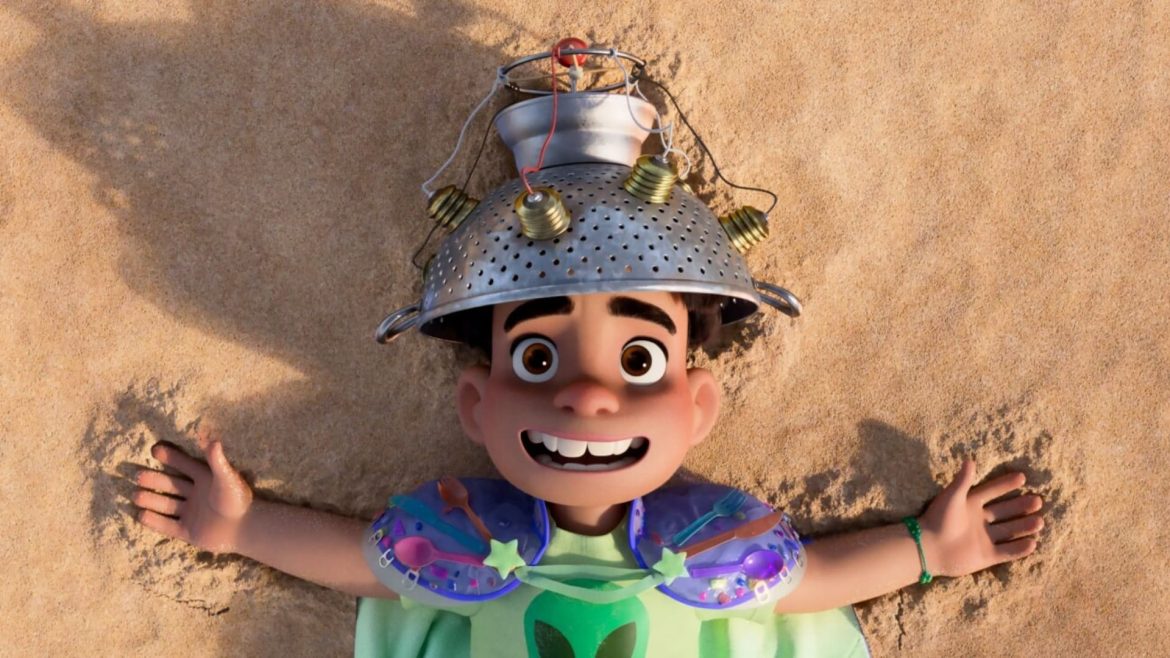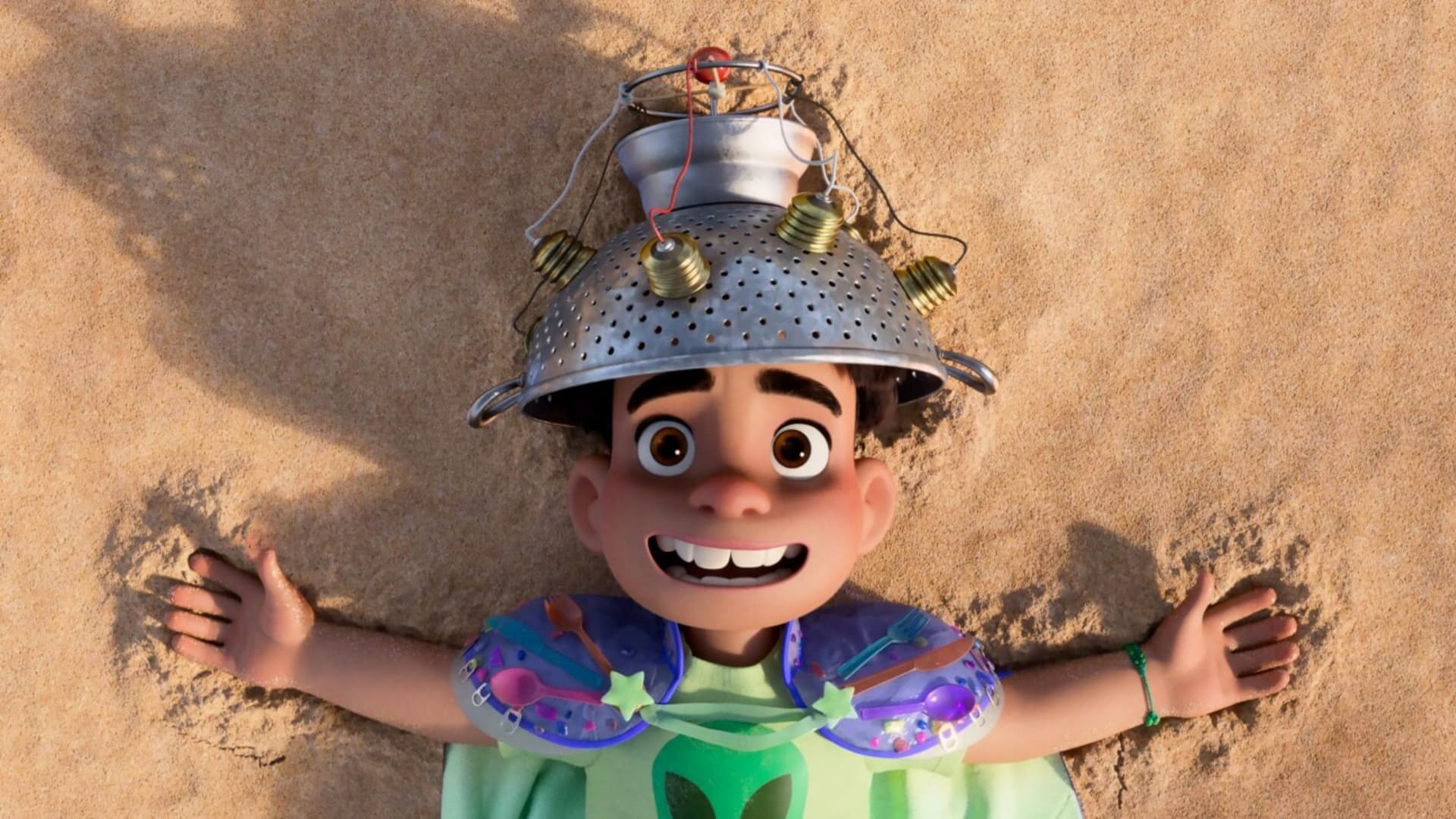Pixar’s *Elio* is more than just a box office underperformer—it’s a symptom of a shifting entertainment landscape. The film, a heartfelt space adventure about an outcast boy named Earth’s ambassador to the galaxy, opened to a historic low for Pixar, earning just $21 million domestically in its opening weekend. This performance, overshadowed by a hard-R horror sequel’s $30 million debut, raises critical questions about Hollywood’s reliance on franchises, the future of animation, and whether audiences still crave original stories.
The Fate of Pixar’s Original Stories
Pixar’s legacy is built on groundbreaking original films like *Toy Story*, *Inside Out*, and *Coco*. Each release has set a higher bar for creativity and emotional depth. However, *Elio* marks a turning point. Its underwhelming box office performance suggests that original family animation, even from Pixar, is no longer the guaranteed success it once was. The film’s mixed reviews—praised for its visuals but criticized for being formulaic—reflect broader industry anxieties about risk-taking in storytelling.
Sequels vs. Originals: A Battle for Audiences
Hollywood’s risk-aversion is well-documented, and *Elio*’s struggles will likely reinforce this trend. In recent years, sequels, spin-offs, and pre-branded IPs have dominated marketing and box office success. *Elio*, with no built-in nostalgia, faced an uphill battle in 2024. The film’s lack of a tentpole voice actor or viral marketing hook further complicated its theatrical run.
Consumer behavior has also shifted. Post-pandemic, many families prefer waiting for streaming releases rather than paying for a theatrical experience. This trend, combined with competition from user-generated content and streaming platforms, makes it harder for original films to find an audience. The result is a fractured promotion cycle that favors sequels over fresh ideas.
A Studio at a Turning Point
Pixar is at a crossroads. The studio has faced leadership changes, staff layoffs, and underperforming releases like *Soul*, *Luca*, and *Turning Red*. *Elio*’s performance adds to the pressure, making it harder to justify expensive, original stories. However, pivoting entirely to sequels risks losing the brand’s core identity—its inventiveness.
The real challenge for Pixar is maintaining its “event” status. Films like *Toy Story* and *Inside Out* generated massive buzz and anticipation. *Elio*, lacking that media momentum, struggled to capture the same excitement. The question now is whether Pixar can balance financial prudence with creative freedom.
Is the Spark Still There? Inside *Elio*’s Story
Despite its box office struggles, *Elio* has been praised for its emotional depth and visual inventiveness. The film explores themes of alienation, identity, and grief through the lens of an 11-year-old boy thrust into a cosmic spotlight. Its protagonist is a relatable underdog, and its otherworldly visuals showcase Pixar’s signature creativity.
However, critics argue that *Elio* plays it safe, relying on familiar Pixar tropes and emotional arcs. In a landscape where audiences expect groundbreaking innovation, this conservative approach may have contributed to its underperformance. The film’s struggles highlight the high expectations placed on Pixar—every release is expected to be a masterpiece, and anything less is met with disappointment.
The Weight of Audience Expectations
Pixar films are held to an impossibly high standard. Audiences expect breathtaking artistry, instantly lovable characters, and emotional resonance in every release. When a film like *Elio* falls short of these expectations, the backlash can feel disproportionate. Yet, the reality is that animation is no longer the sole domain of theatrical releases. Families now have more options, and many prefer waiting for streaming releases.
This shift complicates the industry’s calculus. Theatrical success is still important for funding future projects, but streaming platforms offer a lifeline for underperforming films. *Elio* may yet find its audience on Disney+, where it could develop a cult following.
The Streaming Elephant in the Room
The rise of streaming has fundamentally changed the way audiences consume media. Pixar’s recent releases have trained families to expect Disney+ debuts, reducing the urgency of theatrical releases. This shift makes it harder to measure a film’s success solely by its box office performance.
For Pixar, the challenge is balancing theatrical expectations with the realities of a streaming-first world. The studio needs blockbuster hits to fund original projects, but it also relies on critical acclaim and word-of-mouth buzz to sustain its brand. *Elio*’s performance may be a temporary setback, but it also reflects a broader industry reckoning with changing audience habits.
A Glimpse Toward What Comes Next
*Elio*’s underperformance will undoubtedly influence future decision-making at Pixar. Executives will scrutinize new pitches more carefully, asking whether a premise is different enough to justify a theatrical run. The pressure to lean on sequels and proven franchises will grow, but so will the risk of losing Pixar’s creative edge.
Beyond Pixar, the industry faces a larger reckoning. Blockbuster fatigue and sequel-mania are trends with real consequences. When audiences no longer show up for original stories, the entire creative pipeline slows down. New voices struggle to emerge, and risk-taking becomes rarer.
For fans of animation, the hope is that films like *Elio* continue to be made, even if they face challenges. Every bold experiment paves the way for the next breakthrough. The backlash to *Elio*’s box office may say more about changing audience behavior than about Pixar’s creative health.
Conclusion: The Galactic Stakes of a Quiet Debut
*Elio*’s box office disappointment is a symptom of larger industry shifts. The film’s struggles reflect Hollywood’s risk-aversion, changing audience habits, and the challenges of maintaining originality in a sequel-driven market. For Pixar, the stakes are high—each underperforming original story narrows the path for future creativity.
Yet, the film’s existence is a testament to Pixar’s enduring spirit. Even in a tougher industry, stories like *Elio*—brave, strange, and personal—are the building blocks of future nostalgia. Whether audiences discover it in theaters or on streaming platforms, *Elio* still does what Pixar does best: invite viewers to see themselves in cosmic stories and believe in a kinder, weirder universe. The challenge now is ensuring that such stories continue to find their way to the screen.





